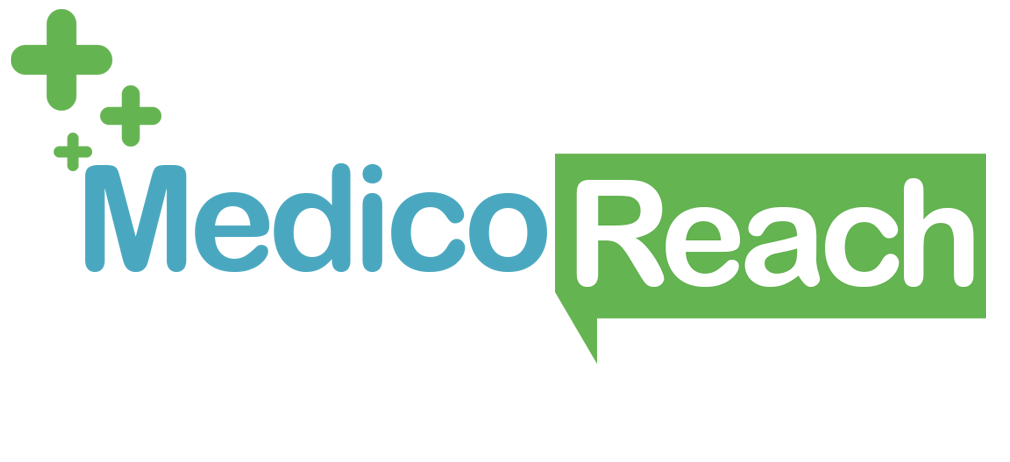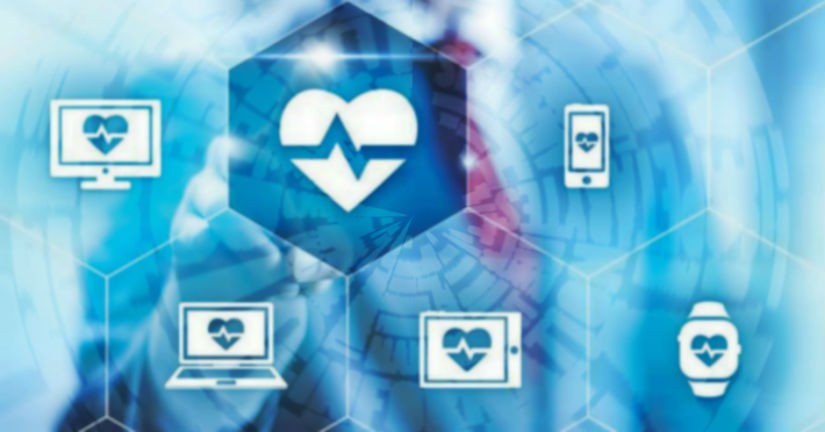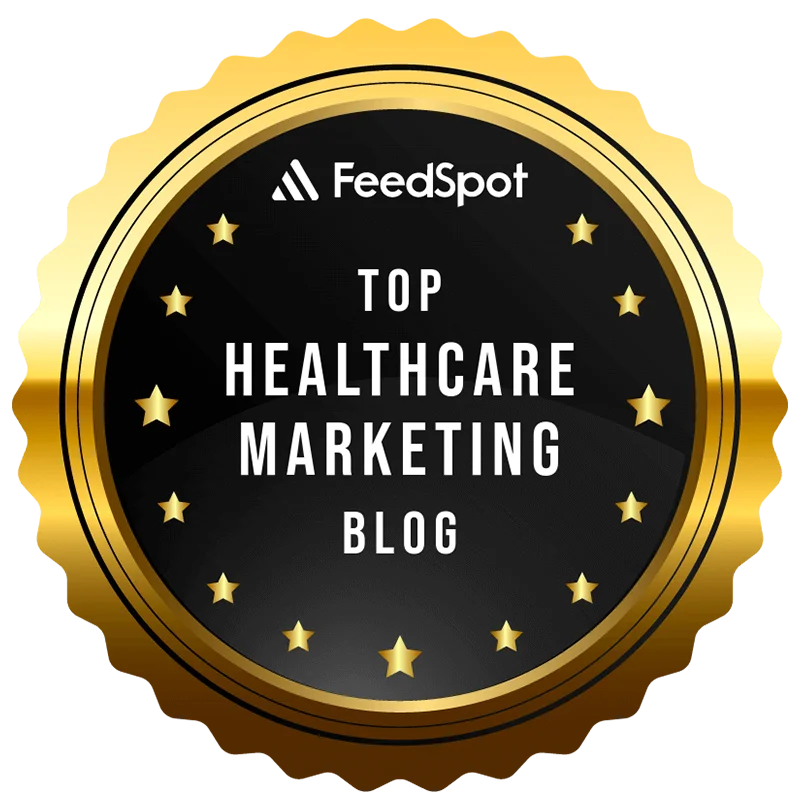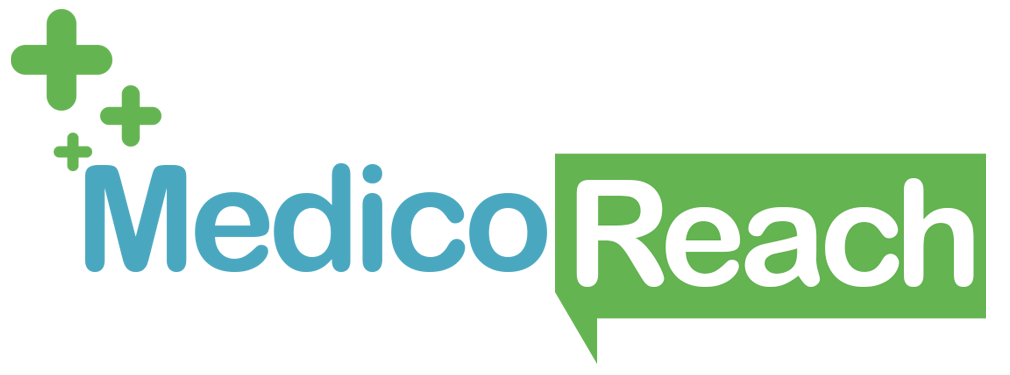The inefficiency and incapability of database technology in handling large volumes of data in real-time led to the rise of Big Data solutions that helped businesses around the globe in making more accurate analysis and concluding to better decisions which in turn contributed towards reducing costs and increasing sales and marketing effectiveness.
Coming to the healthcare realm, Big Data analytics has enabled healthcare providers to deliver personalized care with more granular diagnosis and faster treatment procedures. As 29% of companies today blame poor data quality to be the reason of monetary losses, the need for systematically structured data cannot be ignored. Hence, the faster healthcare businesses integrate Big Data technologies into their strategies, the greater returns they get in the long run.
Let us have a look at the top four Big Data trends that are adding to the efficiency of the healthcare industry at large.
Analytics Replacing Manual Diagnosis
In the initial years, skilled clinicians took the responsibility of pointing out and interpreting abnormalities in the diagnosis done in the form of x-rays, CAT scans, and MRIs and also reporting their findings on the same. The complete diagnosis was done by a healthcare professional specialized in the field. But with an analytical approach and use of algorithm coming into action, computers have become intelligent enough to analyze patterns in digital images helping to report test results.
Increased Emphasis on Patient-centric Care
Unlike other industries, the healthcare industry has been a slow adopter of digitalization. Even though late but the medical industry is not behind in successfully embracing technology to stay updated and improve healthcare services for millions. Now, patient data is systematically collected and stored in a digital format for use across different health care settings. These electronic health records (EHRs) comprising a broad range of medical information including medical history, laboratory test results, medication, and allergies, etc. helps physicians provide personalized care to each patient for faster recovery.
Earlier manual health records proved inefficient in maintaining patient history systematically causing hindrances in their treatment. But today Big Data analytics has changed the industry perspective into a patient-centric one by helping in the maintenance as well analysis of patient data for implementation of individualized care.
Wearable and IoT Makes Staying Healthy Convenient
As patients are active participants of their healthcare regime, they are happily embracing latest trends and gadgets that can help them stay informed about their health conditions at their convenience. Taking advantage of this craze, companies are developing mHealth apps, health watches like Apple’s FitBit, and all other wearables and web-enabled Internet of Things (IoT) gadgets to address customer needs. The story doesn’t end here though as developing an app is not enough but also integrating the huge volume of ever-growing patient-generated health data (PGHD) into their products is a major challenge for developers. The success of any healthcare gadget is solely based on how well it can fit Big Data into its workflow to deliver the best health services to all.
Cognitive Computing and Machine Learning
Although it’s true that smart machines will not take control of our lives, on the contrary progress in AI, machine, and cognitive technologies will for sure bring advancements in the human mind by injecting specialized skills. Cognitive computing is nothing but training a computer to think like a human using machine learning algorithms to let them solve problems without human assistance. By mining data continuously fed into them, cognitive computing systems can extract information faster and better than any clinician. With the correct analysis of large data sets, these systems can improve treatment by helping doctors understand the patient case faster and start the treatment without unnecessary delays.
With proper implementation of Big Data analytics and the right data scientists in the team, healthcare organizations can make informed decisions with regards to improving their healthcare products and services.











